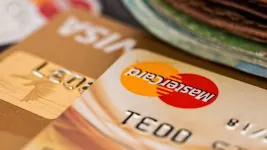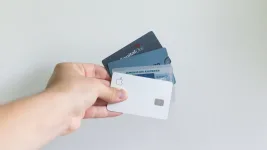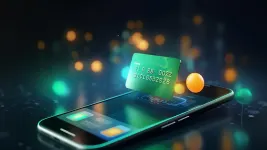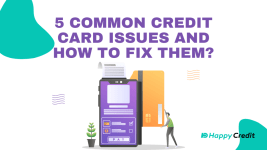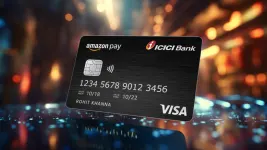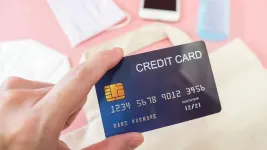Credit Cards: Why They Are Important [August, 2024]
In an era characterized by overspending, having a credit card can be a practical tool that provides a wide range of benefits to its users. While some people may be reluctant to use credit cards because of the possibility of overspending, the truth is that the right use of credit cards can help them save money over the long term.
In this article, we will explore some of the reasons why using a credit card helps build credit, provide a financial safety net in case of an emergency, and earn rewards and perks. Whether you are just starting to build your credit or looking for a convenient and secure way to make purchases, there are many credit card benefits.
Benefits of Using a Credit Card
Credit cards are an important financial tool that can benefit their users. In addition to credit card benefits, there are several others:
1. Easy Access to Credit
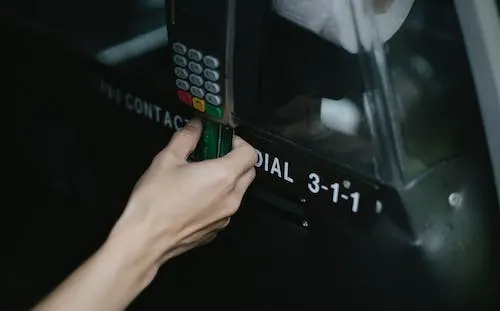
One of the primary credit card benefits is its straightforward access to credit. Credit cards function on a deferred payment basis, meaning you can use your card now and pay for your purchases later. The money used does not go out of your account, thereby not denting your bank balance every time you swipe.
2. A Popular Method of Payment
Credit cards are a popular payment method because they are convenient and secure. Unlike cash, which can be lost or stolen, credit cards protect against fraud and unauthorized charges. Additionally, credit cards allow you to make purchases online or over the phone, which can be more convenient than carrying cash.
3. Financial Emergencies

Another reason to have a credit card is that it can provide a financial safety net in an emergency. If you unexpectedly need to pay a medical bill or make a large purchase, a credit card can help you cover the cost without falling into your savings. This can be especially important if you don’t have a large emergency fund or need to pay for something immediately.
4. EMI Facility
Put the purchase on your credit card instead of spending all your money once if you’d prefer to save up for something else. You can avoid making a large, unexpected purchase payment by spreading the cost into several equal monthly payments instead. Rather than taking out a personal loan to pay for an expensive appliance like a TV or refrigerator, it is more cost-effective to pay for it over time with EMI.
5. Rewards and Perks
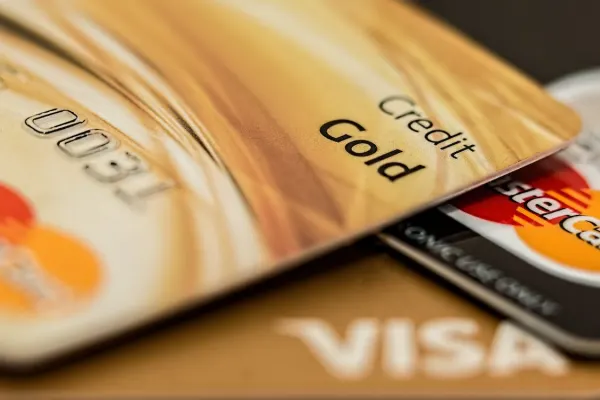
In addition to the practical credit card benefits, many credit cards also offer rewards and perks to their users. These can include cash back on purchases, points that can be redeemed for travel or other rewards, and access to exclusive discounts and offers. By using a credit card that offers rewards, you can earn valuable perks just for making purchases that you would make anyway.
6. Adaptable Credit
A credit card’s initial 0% APR (interest-free) term is an introductory period in which you won’t be charged any interest on your credit card balance. If you pay off your entire balance before the due date on your credit card statement, you can take advantage of interest-free, short-term credit with terms ranging from 45 to 60 days. It means you can take advantage of a credit advance without incurring the fees usually connected with carrying a balance on a credit card.
7. Easily Trackable
One of the credit card benefits is that it is easily trackable. Credit card statements provide a detailed record of your purchases, including each transaction’s date, amount, and location. This can be helpful for several reasons. One of the benefits of using a credit card is the ability to track your credit card purchases easily.
Reviewing your statements periodically allows you to stay on top of your spending, detect and prevent fraud, and take advantage of rewards and perks. Also, tracking your credit card purchases can help you keep track of your expenses for tax purposes and ensure you accurately report your business expenses on your tax return.
8. Insurance Is Part of the Buying Process
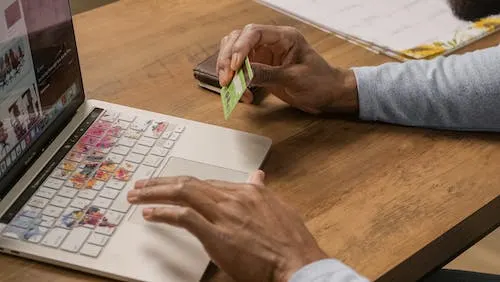
Insurance is an important part of credit card buying because it protects against unexpected events. Many credit cards offer insurance as part of their benefits package, including protection against theft, damage, or loss of the items you purchase with your credit card. This can provide peace of mind and protect you from financial loss if something happens to the items you buy with your credit card.
Some credit cards also offer travel insurance, including coverage for lost luggage, trip cancellations, and emergency medical expenses. This can be especially helpful if you frequently travel.
9. Convenience and Security
Another reason to have a credit card is that it can be more convenient and secure than cash or a debit card. Credit cards allow you to make purchases online or over the phone, which can be more convenient than carrying cash with you. Credit cards also protect against fraud and unauthorized charges, which can provide peace of mind.
10. Building Credit
One of the most important reasons to have a credit card is that it can help you build credit. Your credit score is a numerical representation of your creditworthiness and is used by lenders to determine how likely you are to repay a loan.
A high credit score can make qualifying for loans with lower interest rates easier, which can save you money in the long run. Using a credit card responsibly can help improve your credit score by showing that you are a responsible borrower.
Wrapping Up
A credit card is an important financial tool that can provide numerous benefits to its users. Whether you are looking to build credit, need a financial safety net in case of an emergency, or want to earn rewards and perks, there are many reasons to consider getting a credit card. By using a credit card responsibly and paying your balance in full each month, you can enjoy the benefits without incurring high-interest charges or other fees. A credit card can be a valuable asset when used wisely.
FAQs
Q. Do you get any protection when using a credit card?
Credit card companies typically provide insurance coverage if a cardholder’s purchased item is destroyed, lost, or stolen.
Q. Which is better, using my credit card’s EMI option or taking out a loan?
Rather than taking out a personal loan to pay for an expensive appliance like a TV or refrigerator, it is more cost-effective to pay for it over time with EMI.
Q. What is a minimum payment?
The minimum payment is not the entire amount due. It is the bare minimum that must be paid to keep your credit card account open and active.
Q. Is there a grace period for using a credit card?
A credit card’s introductory 0% APR (interest-free) term is an initial period in which you won’t be charged any interest on your credit card balance. If you pay off your entire balance before the due date on your credit card statement, you can take advantage of interest-free, short-term credit with terms ranging from 45 to 60 days.

Product prices and availability are subject to change. Any price and availability information displayed on merchant's site at the time of purchase will apply to the purchase of these products. HappyCredit is a participant in the Amazon Services LLC Associates Program, an affiliate advertising program. As part of this program, we may earn commission from qualifying purchases made through the affiliate links provided on this website. We only promote products on Amazon that we genuinely believe are of high quality and value to our audience. The inclusion of affiliate links does not influence our editorial content or product recommendations. Our primary goal is to provide useful information and help you make informed purchasing decisions.
Certain portions of the text in this article might have been created using AI tools and subsequently edited by the author to improve the overall quality and clarity of the content for readers.
![Credit Cards: Why They Are Important [August, 2024] Credit Cards: Why They Are Important [August, 2024]](https://happycredit.in/cloudinary_opt/blog/credit-card-importance-nyrkv.webp)

